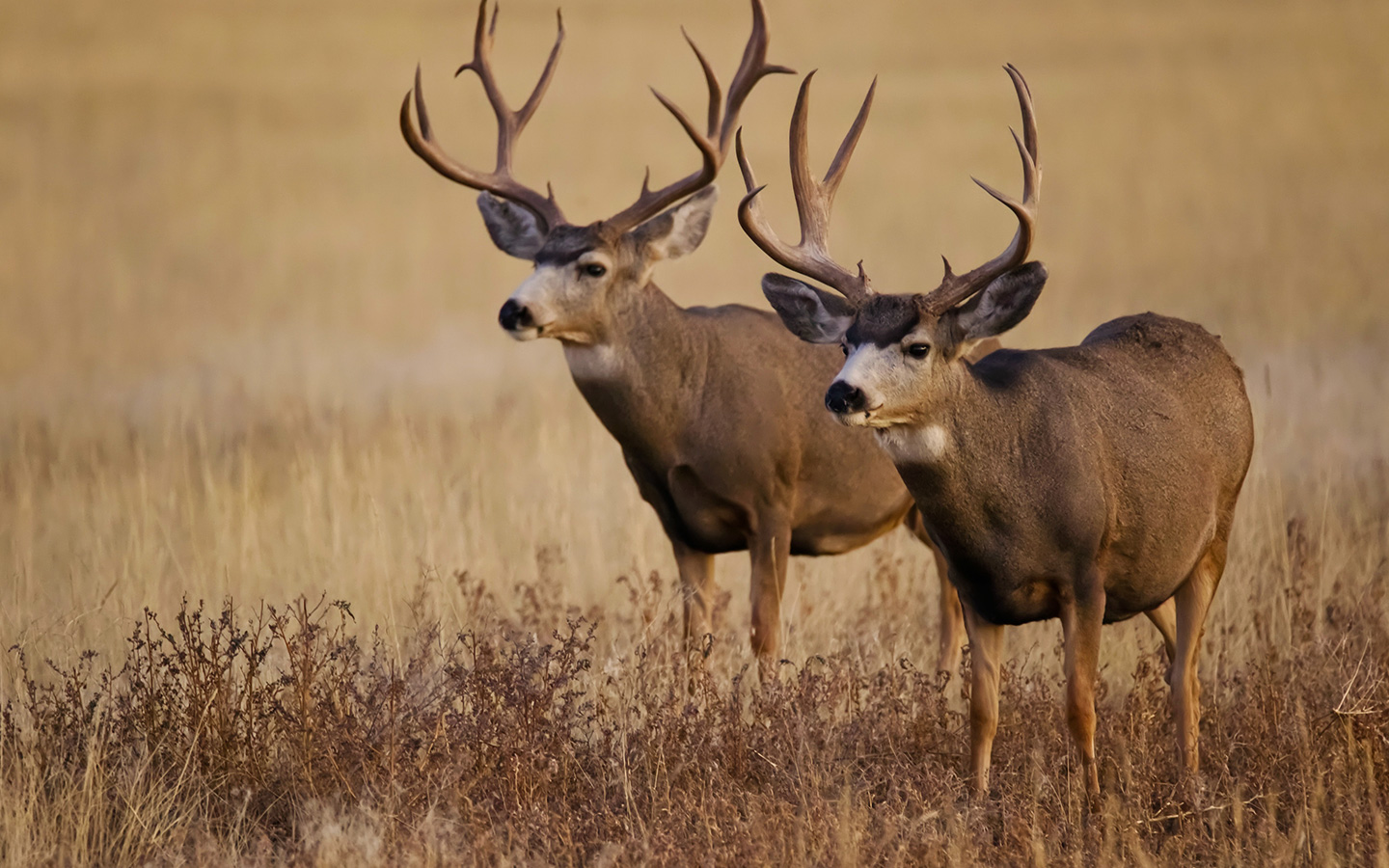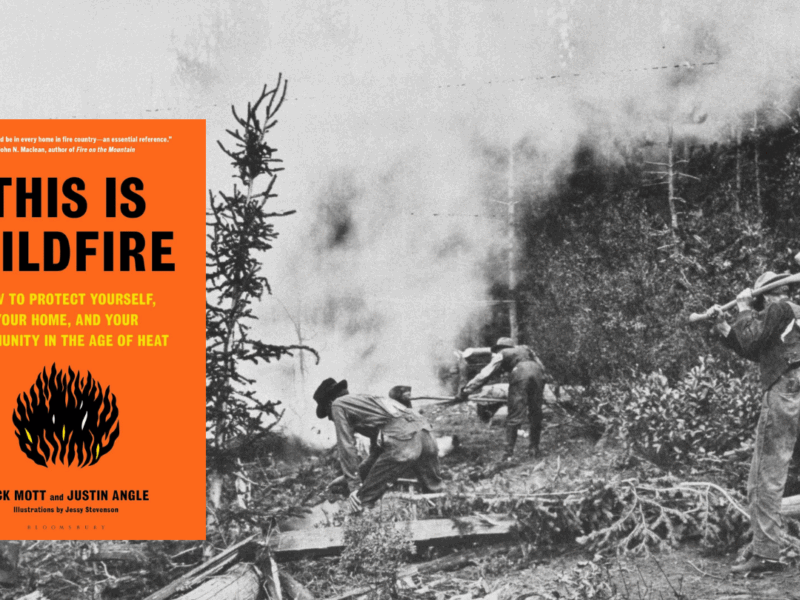
How understanding ungulates has moved policy
A recent review by Arthur Middleton and colleagues highlights how a decade or more of advances in our understanding of ungulate migrations contributes to policymaking and management of migration corridors across lands administered by multiple entities – public and private. There is now scientific evidence that access to summer range is critical for reproduction and survival – winter range is not the sole determinant. Progression through corridors that includes high use stopover sites highlights the value of these connections between summer and winter ranges. Some ungulates, like mule deer, stay true to seasonal ranges and corridors while others demonstrate more flexibility in their use of seasonal ranges. Cumulative herd knowledge acquired by generational learning maintains migrations, but learned knowledge can be lost. Restoring migratory behavior is not as simple as returning a species to its historic range.
The increasing awareness that intact ungulate migrations are surrogates for ecosystem health has led to attention by state and federal policy makers. Because the seasonal abundance of migratory ungulates causes broad food web-level effects, management decisions by many different land owners, both public and private, along migration corridors can impact the ecological health of seemingly distant protected areas. The authors suggest a map-based tool—migration assessments like the Red Desert to Hoback Mule Deer Migration Assessment by Swayer et al.—for engaging diverse stakeholders along local migration corridors and inventorying the risks to a particular migration. Migration assessments supported by leadership from state and federal agencies, stewardship on private land, and local understanding, often supported through local watershed collaboratives, can result in multi-faceted policy and management approaches to conserve ungulate migrations.
“Conserving transboundary wildlife migrations: recent insights from the Greater Yellowstone Ecosystem.” Frontiers in Ecology and the Environment. Arthur Middleton, et al. onland.link/ungulates
Photo by Andrew Coop on Unsplash




